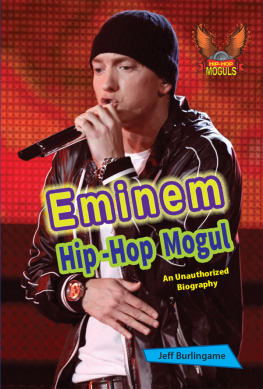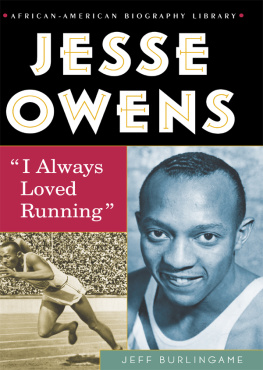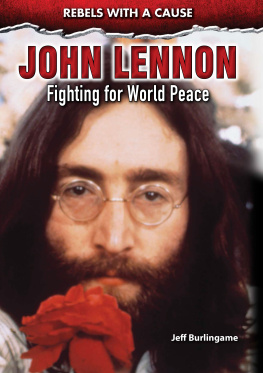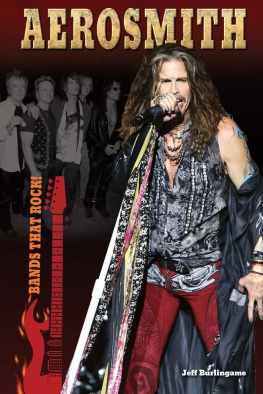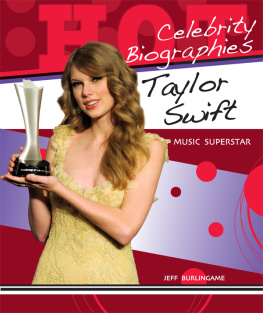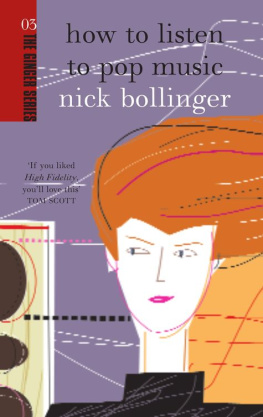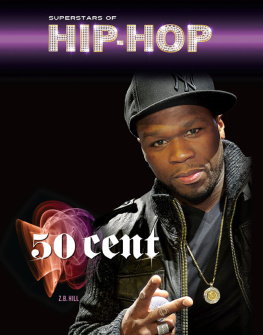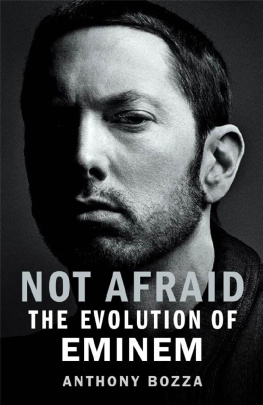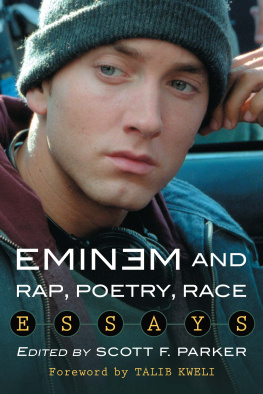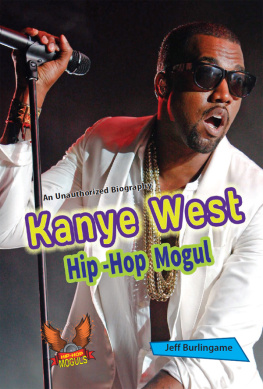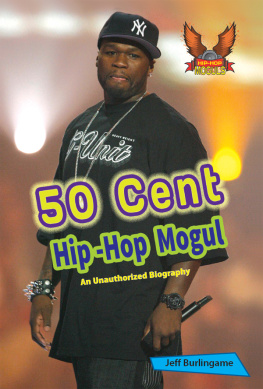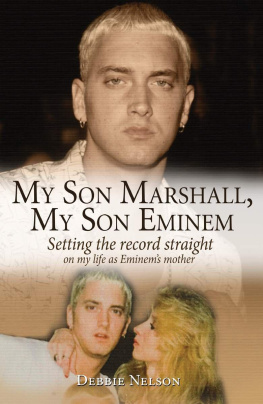Eminem: Hip-Hop Mogul
Marshall Bruce Mathers III better known by his stage name Eminem and by his alter ego Slim Shady, is an American rapper, record producer, songwriter, and actor. In addition to his solo career, Eminem is a member of the group D12, as well as one-half of the hip-hop duo Bad Meets Evil, alongside Royce da 59. Eminem is one of the worlds best-selling music artists and is the best-selling artist of the 2000s.
Quotes, personal stories, and accessible features such as a discography and where to contact this hip-hop mogul make this biography of Eminem a must read.


Each year, Americas best musical acts gather in Los Angeles for the Grammy Awards, an over-the-top ceremony where winners are selected in dozens of categories. The Grammys are the countrys biggest musical event of the year: Millions of people watch the awards on TV, not only to find out who won, but also to see some of their favorite stars perform on stage. That fact puts a lot of pressure on the stars that perform there. They must make their few minutes on stage memorable. Sometimes, that can mean a performance so touching that those viewing are brought to tears. Other times, it can mean a routine so bizarre that people talk about it for days afterward.
Some of the best-known musicians of all time have performed under the bright lights of the Grammys. In 1988, King of Pop Michael Jackson moved the audience to tears with his performance of Man in the Mirror. One year later, legendary singer Whitney Houston did the same with her inspirational song, One Moment in Time. Jacksons and Houstons performances are considered among the best in the storied history of the event, but there is another Grammy moment that almost always tops critics lists. It was the 2001 performance by rapper Eminem.
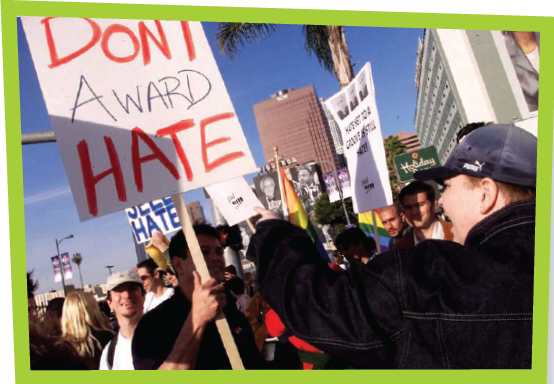
Image Credits: AP Images/Damian Dovarganes
Shown before the start of the Grammy Awards, GLAAD and their advocates made it known that they were not okay with Eminem being recognized positively for his lyrics.
That show took place February 21 at L.A.s Staples Center. The crowd that night was full of celebrities and the lineup full of star performers, but Eminem is the one that a majority of Americans tuned in to see. The Detroit rappers third album had been released just a few months earlier and many groups and organizations had taken offense to lyrics on it they deemed offensive. One of those organizations was the Gay & Lesbian Alliance Against Defamation (GLAAD), which felt many of Eminems lyrics were homophobic. Weeks before the 2001 Grammys, GLAAD announced it would stage a protest outside the Staples Center on the day of the event. Several other organizations joined in. GLAADs entertainment director, Scott Seomin, said at the time: [Eminems] lyrics encourage violence against gays and lesbians and women, and that the rappers lyrics were hateful and derogatory.
By that time, it was well known that Eminem had planned to use his Grammy moment to fire back at GLAAD. Weeks earlier, Eminem had announced that superstar entertainer Elton John, a gay man and a longtime activist for gay rights, was going to join him on stage to sing the song Stan. GLAAD was furious at Johns decision to team with Eminem. The group had sent a letter to John asking him to reconsider his decision to sing with Eminem. When that did not stop him, the group spoke out publicly. We feel betrayed by Elton John, who has used his gayness for good and here hes using it for evil, Seomin said.
John defended his decision in the media. He told The Los Angeles Times : Im a big fan of [Eminems] music, and I said I would be delighted to [do the song]. I know Im going to get a lot of flak from various people who are going to picket the show. [But} Id rather tear down walls between people than build them up. If I thought for one minute that he was [hateful], I wouldnt do it.
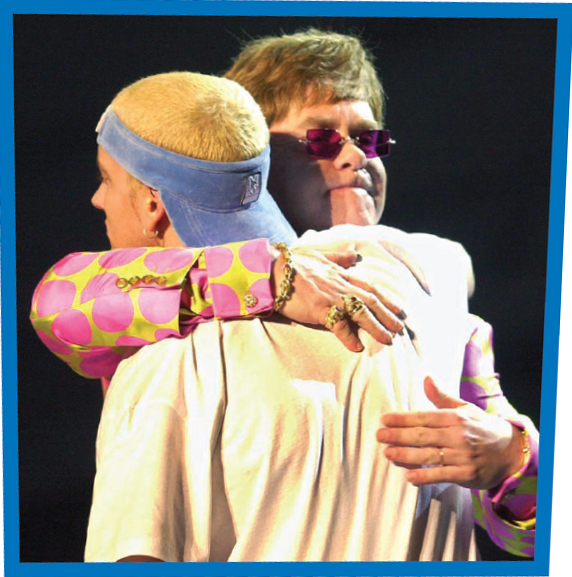
Image Credits: AP Images/Kevork Djansezian
Eminem and Elton John embrace in a monumental hug at the 2001 Grammy Awards.
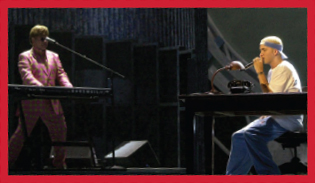
Image Credits: AP Images/Kevork Djansezian
Right before one of the most controversial hugs ever, Eminem and Elton John performed Eminems song Stan together.
Eminem and John did do it, taking to the stageset up to look like a bedroom with a large video screen in the background displaying a lightning stormfor nearly six-and-a-half minutes. After the song was finished, Eminem and John met in the middle of the stage and hugged each other. Entertainment Weekly said: It was the hug heard round the world.
In a book he wrote years later, Eminem also said he knew how important that moment on stage was: My performance with Elton Johnthat was history.Elton put himself at risk by performing with mein terms of alienating his fans who had a problem with meand Ill always respect him for that. The gesture helped immensely, and it made me not sweat the fact that there were all those protesters outside wanting me to go away forever.

Image Credits: AP Images/Kevork Djansezian
Even after all the controversy, Eminem still won three Grammys in 2001.
For Eminem, the notorious Grammy performance and the controversy that surrounded it was just another day on the job. The twenty-eight-year-old, blue-eyed rapper had grown used to being in the spotlight. He knew many people hated him. He knew many people loved him. But the most surprising facet of Eminems life was the fact that anyone knew who he was at all.
The odds said success probably would not be in the cards for Marshall Bruce Mathers III when he was born October 17, 1972, in St. Joseph, a mid-sized city in northwestern Missouri best known for being the place where legendary outlaw Jesse James took his final breath after being shot by a trusted member of his gang in 1882.
When Marshall III was born, his gang was only three members large. His mother, Debbie, was just seventeen years old. For two years, she had been married to Marshalls father, Marshall Mathers II. Marshall II had been twenty-two years old when he and Debbie had married, and twenty-four years old when his first son was born.
Marshall IIs job soon pulled the young family to North Dakota. There, Marshall II and his wife Debbie performed at various hotels in the region in a band called Daddy Warbucks. Neither the band, nor the relationship, lasted long. The Mathers separated in 1974 and divorced the following year. Debbie and her son moved back to Missouri, where she worked various jobs while family members cared for her boy. Marshall II moved to California, leaving his son to grow up without a father. Marshall III would later say he had no memories of his father and had never even seen a picture of him. In Missouri, the boy was mostly cared for by his dads aunt and uncle, Edna and Charles Swartz. They took care of me a lot, Marshall told

